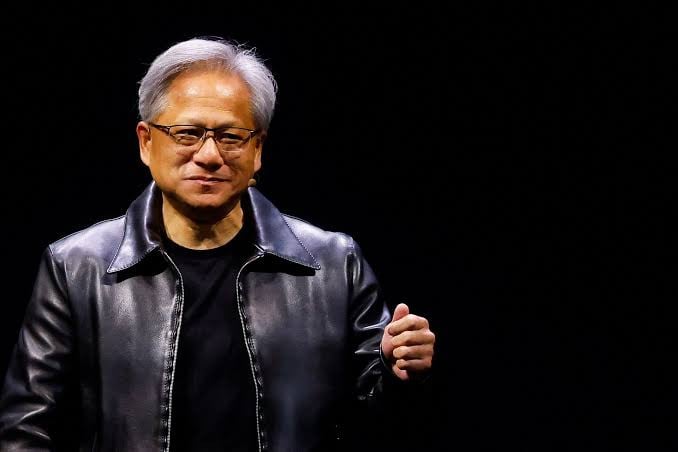Nvidia CEO Jensen Huang said on Friday that artificial general intelligence, by some definitions, could arrive in up to five years.
Huang, who heads the world’s leading maker of artificial intelligence chips used to build systems like OpenAI’s ChatGPT, was responding to a question at an economic forum hosted by Stanford University about how long it would take to achieve one of Silicon Valley’s long-held goals, namely to create computers that they can think like humans.
Huang said the answer largely depends on how the target is defined. If the definition is the ability to pass human tests, Huang said, artificial general intelligence (AGI) will soon arrive.
“If I gave AI … every single test you can think of, you take that list of tests and put it in front of the computer industry, and I’m guessing five years from now we’ll be doing well.” on everyone,” said Huang, whose firm reached a market value of $2 trillion on Friday.
As of now, AI can pass tests like bar exams, but still has trouble with specialized media tests like gastroenterology. But Huang said he should also be able to pass any of them in five years.
Also read: US court orders to hand over Pegasus spyware code to WhatsApp
But by other definitions, Huang said, AGI may be much further along because scientists still disagree on how to describe how the human mind works.
“That’s why it’s hard to achieve as an engineer” because engineers need defined goals, Huang said.
Huang also addressed the question of how many more chip factories, called “fabs” in the industry, are needed to support the expansion of the AI industry. Media reports said OpenAI CEO Sam Altman thinks many more fabs are needed.
Huang said more will be needed, but each chip will also improve over time, limiting the number of chips needed.
“We’re going to need more fabs. But remember that we’re also making tremendous improvements in algorithms and processing (AI) over time,” Huang said. “It’s not like the efficiency of computing is what it is today, and that’s why the demand is there. In 10 years, I’m improving computing a million times.”







